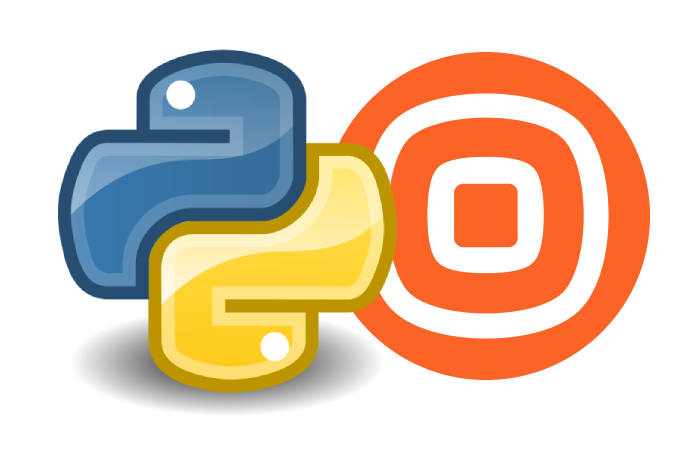In today’s tech-driven world, APIs have become the backbone of development efforts, with over 50% of developers dedicating more than half of their time to working on APIs. This trend continues to grow year after year, indicating the pervasive influence of APIs on the developer community. As Joyce Lin, the Head of Developer Relations at Postman, puts it: “APIs are eating the universe.”
Postman, a platform for building and utilizing APIs, boasts an impressive user base of 20 million. According to Postman’s State of the API report, 51% of respondents confirmed that APIs accounted for over 50% of their organization’s development effort, and an overwhelming 89% anticipated an increase or steady growth in API investments in the coming year.
Joyce emphasizes that APIs have an impact that extends beyond the realm of developers; they have permeated our everyday lives. Even those who haven’t traditionally worked with web APIs find themselves involved due to the increasing interconnectedness of the world, which includes data integrations and third-party services.
Never underestimate an API that “just works”
When it comes to the success of APIs, Lin highlights the critical role of developer experience.
API providers that offer a smooth onboarding process have a developer mindset, and frequently this corresponds to the API itself in terms of design and support. You may think you have the best API on the market, but if it’s poorly documented and unpredictable, that’s a disservice to your consumers. Create onboarding guides to help reduce the time to value for your consumers. Watch new developers read through the docs and make their first call, and ask new team members to record their first experiences while they have fresh perspectives.
For API consumers, simplicity plays a crucial role. Lin suggests that while factors such as affordability, scalability, and future-proofing are essential, an API that “just works” should not be underestimated when evaluating different API options.
In her Shift Miami conference talk, Joyce Lin will delve into the evolution of API protocols, patterns, and their future. She addresses emerging trends such as artificial intelligence, Web3, API standards, and other catalysts that will shape the API landscape.
As Head of Developer Relations, Lin actively engages with the developer community, sharing her knowledge through various mediums such as speaking engagements, blog posts, and videos. She found her passion for developer advocacy while searching for a software engineering job after attending a coding boot camp. Lin, who previously worked as a product manager, appreciates the collaborative nature of the developer community.
Something about the developer community that I admire is that a lot of people do this on their own time, even if they don’t officially work in developer relations. It is a very collaborative space where people build open-source tools and projects and share their wisdom freely.
The developer TikTok
Recognizing the need to adapt to the changing content consumption patterns and shorter attention spans, Lin explores TikTok as a channel to connect with developers. Surprisingly, she has been successful in reaching more developers on TikTok compared to traditional platforms like Twitter or YouTube.
I am able to reach way more people on TikTok compared to other platforms like Twitter or YouTube.” Even better, people are not just listening to what I have to say; they’re leaving comments and sharing their own ideas. So I get to learn as much from my viewers as they learn from me. It’s an easy and quick way for me to see what’s on everyone’s minds.
The collaborative and knowledge-sharing nature of the developer community fosters growth and innovation. By leveraging emerging platforms like TikTok, developers can stay connected, contribute ideas, and broaden their perspectives in an ever-evolving digital world.
Catch Joyce’s talk on Shift Miami to learn more about how APIs are reshaping the technological landscape.

